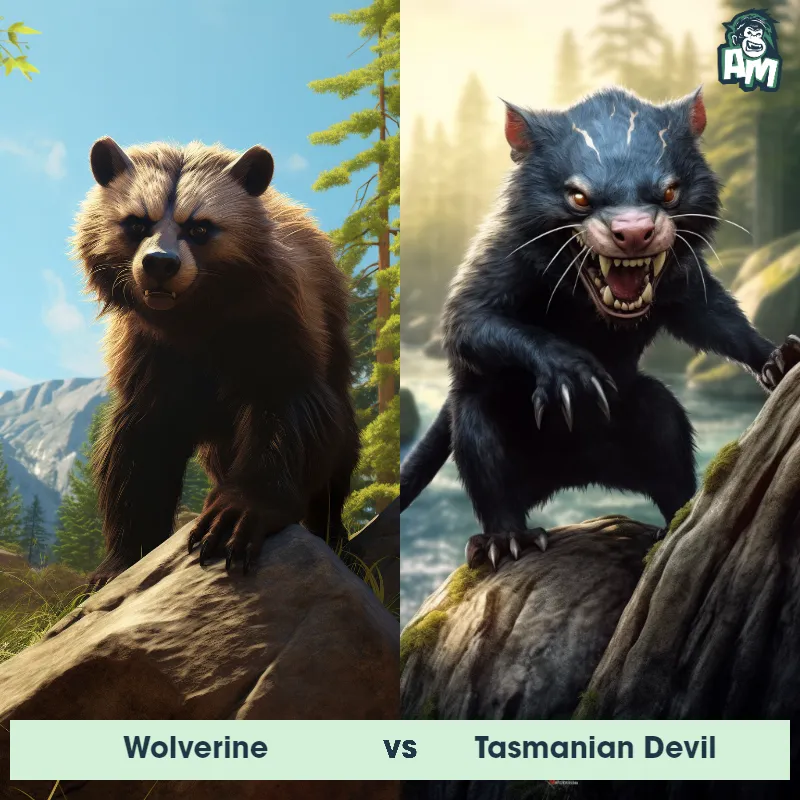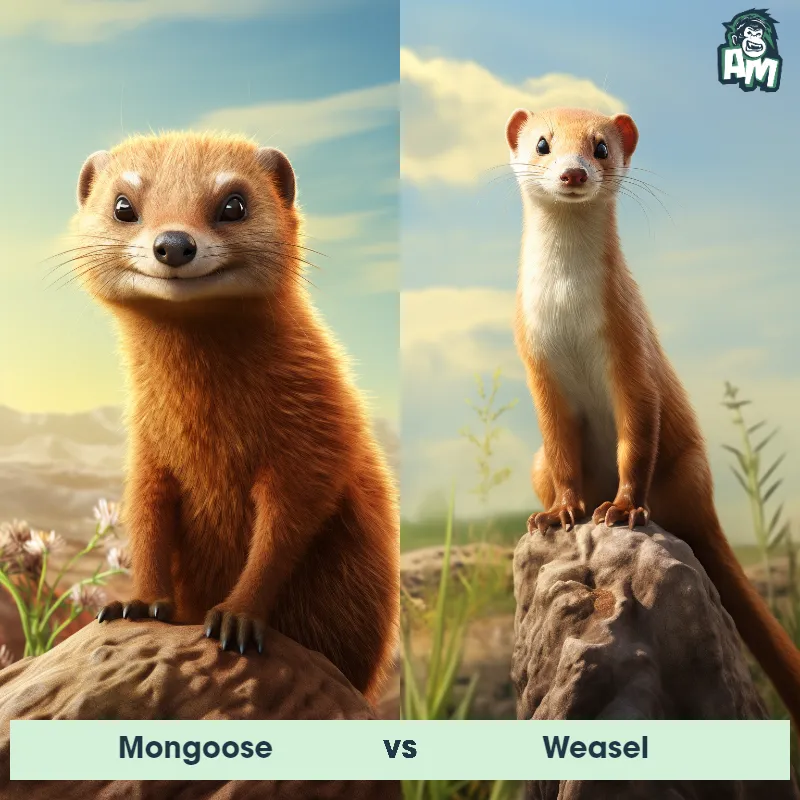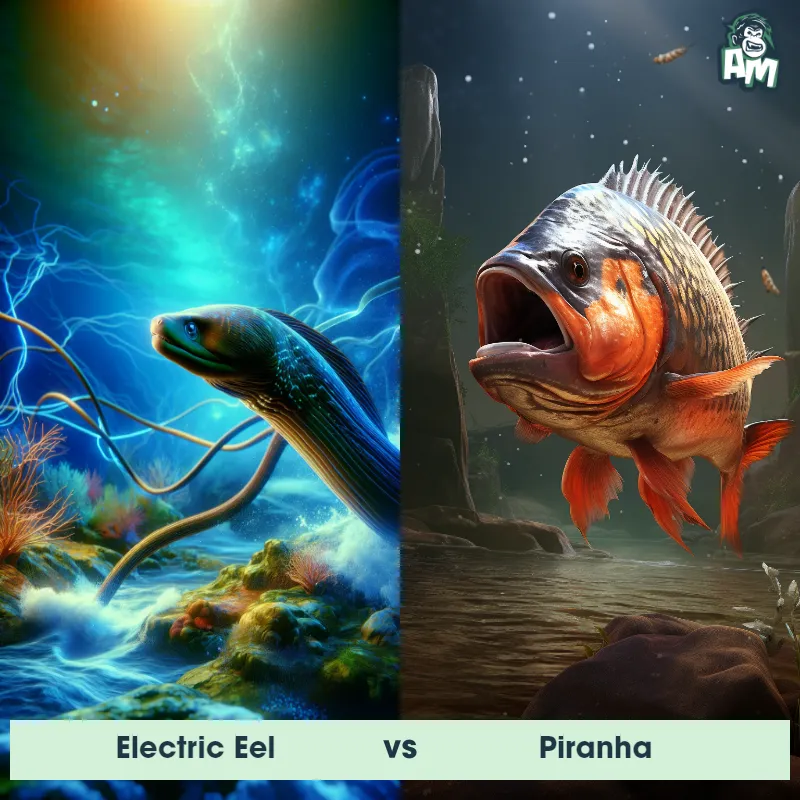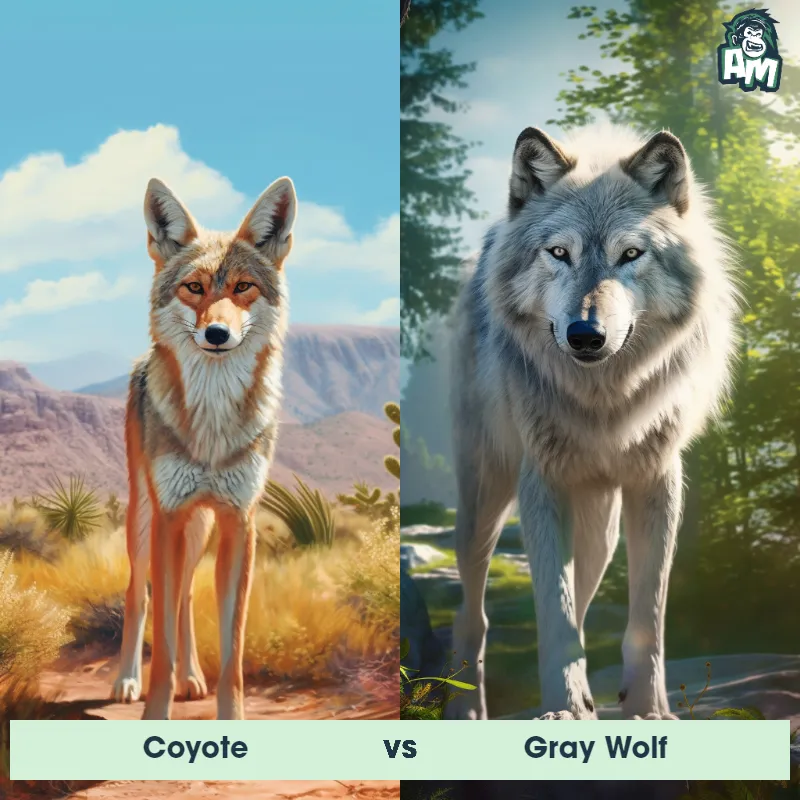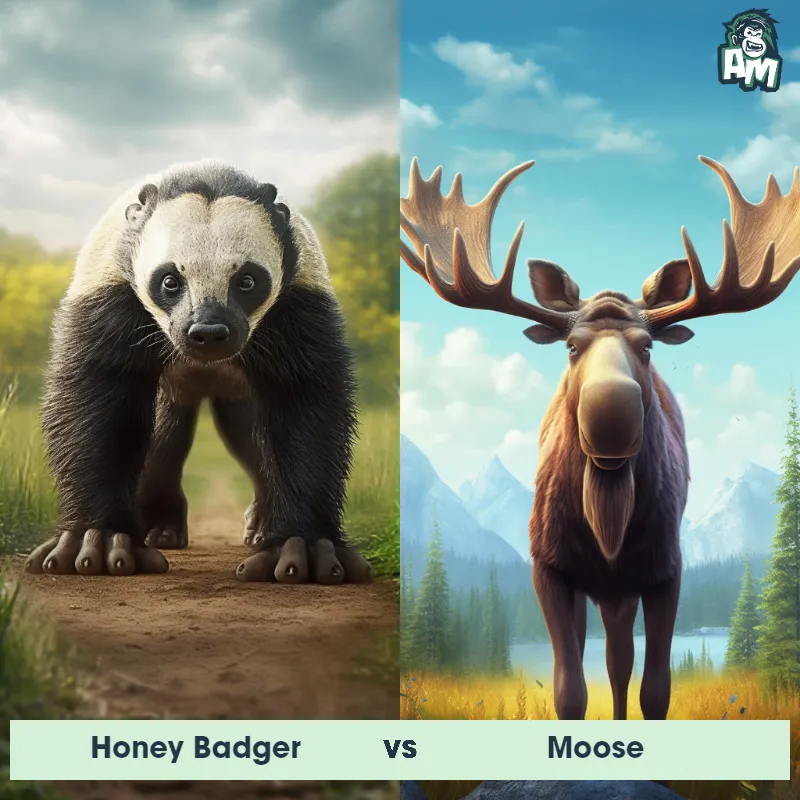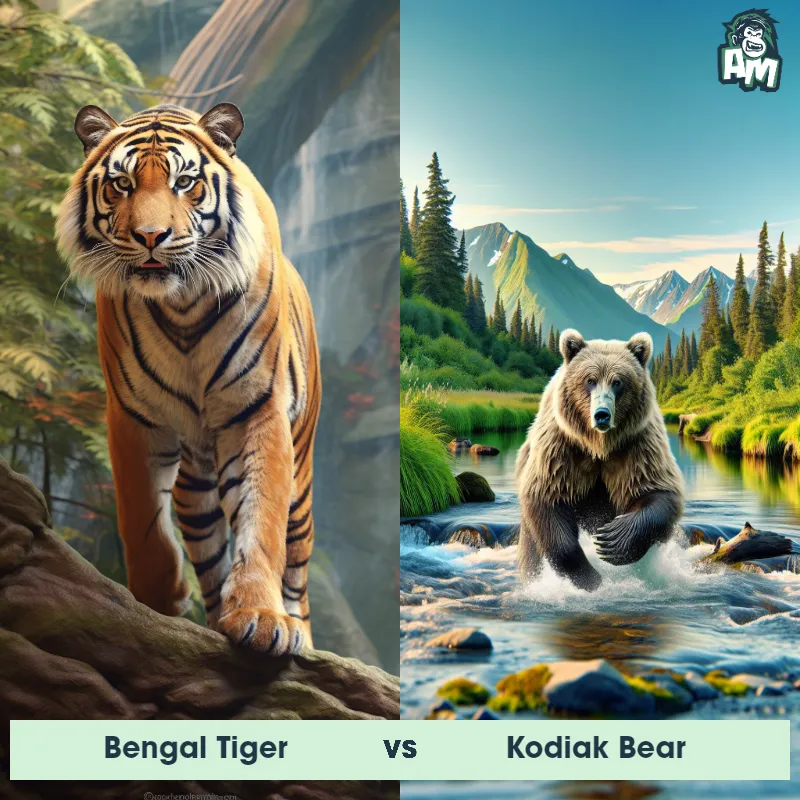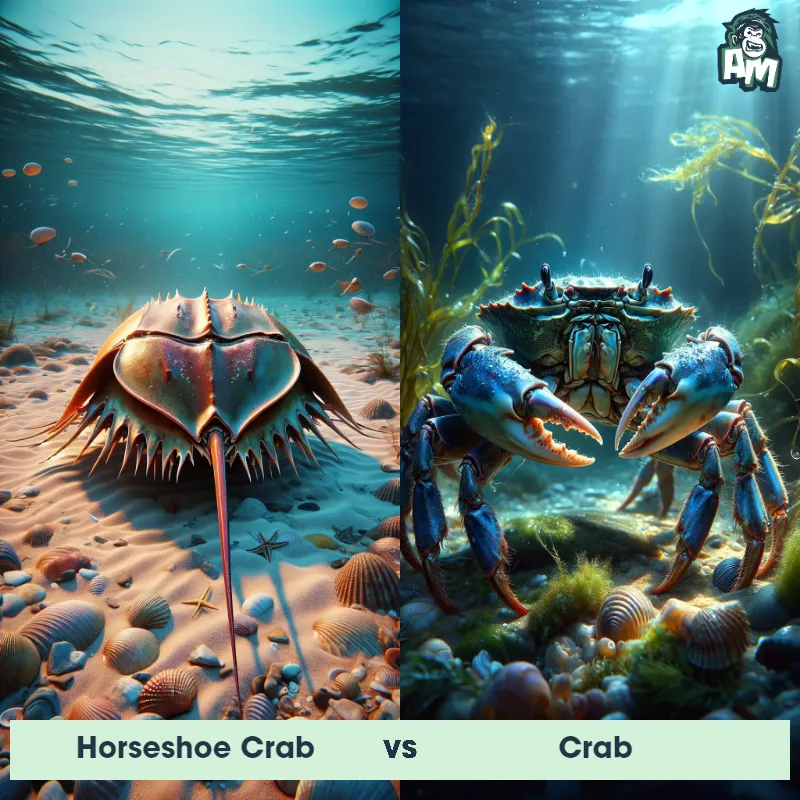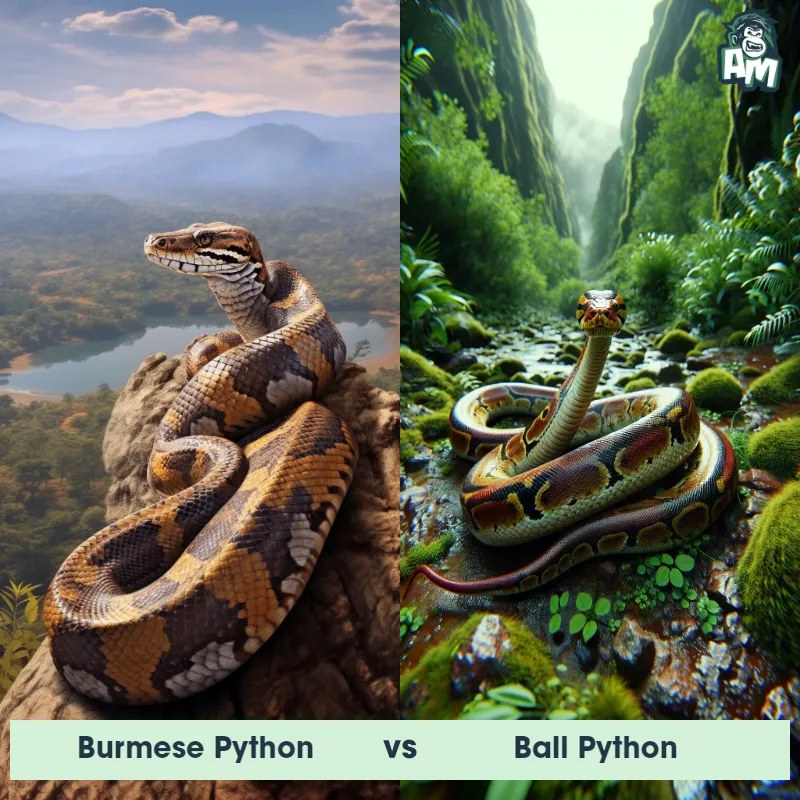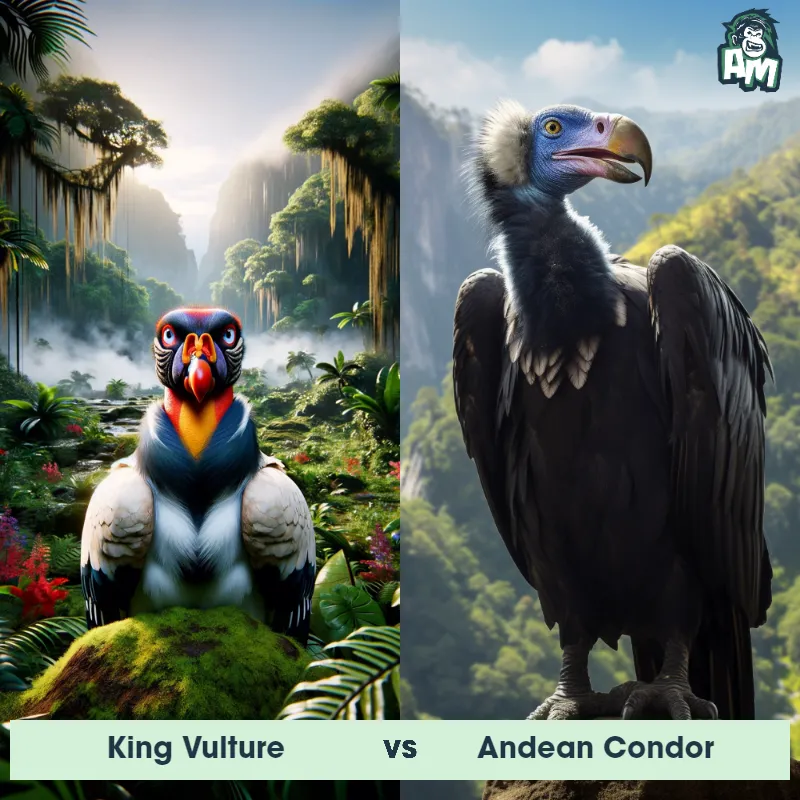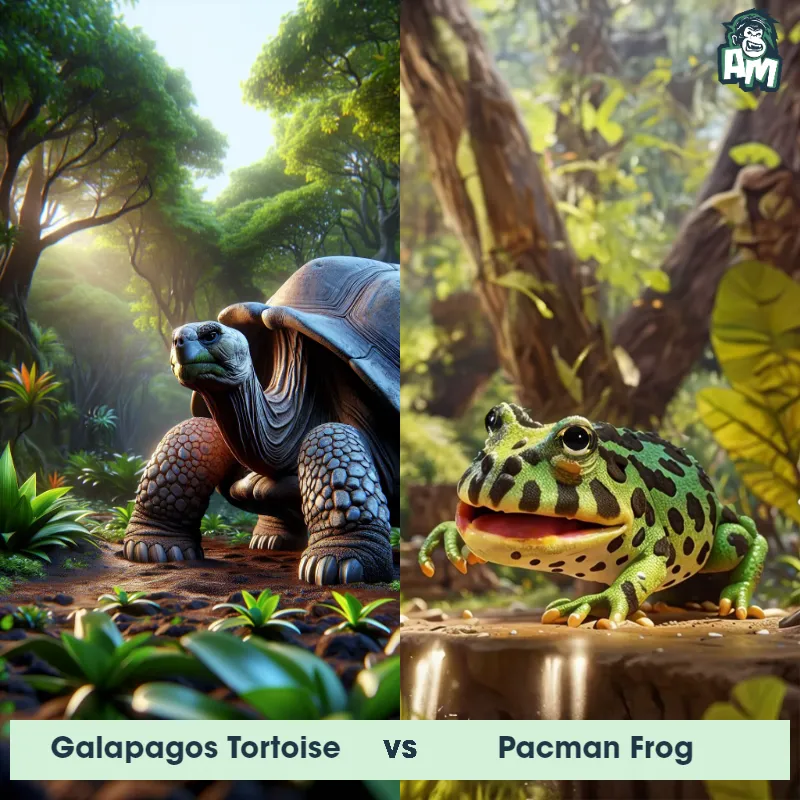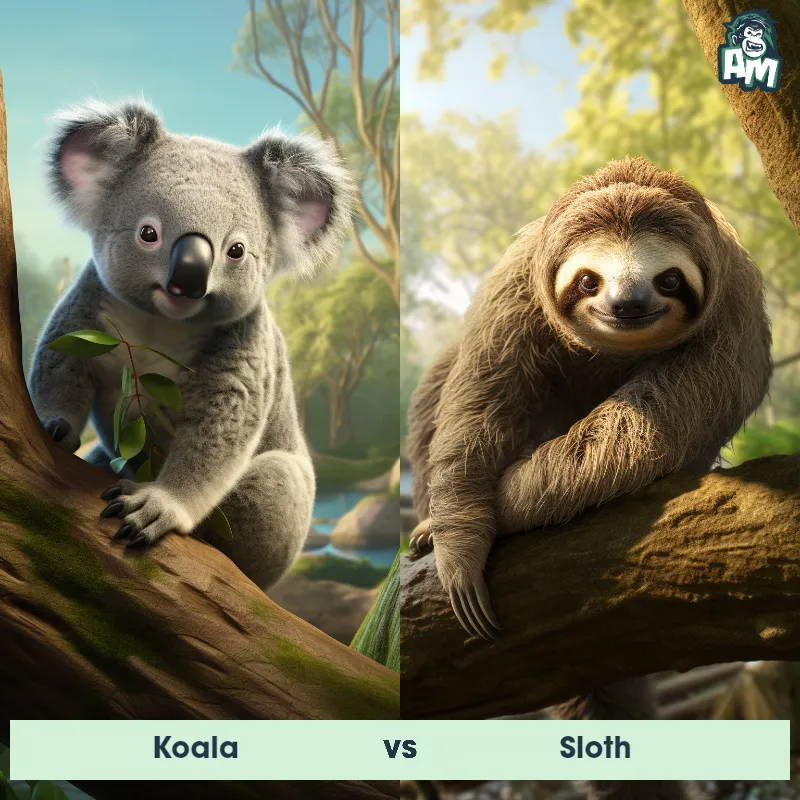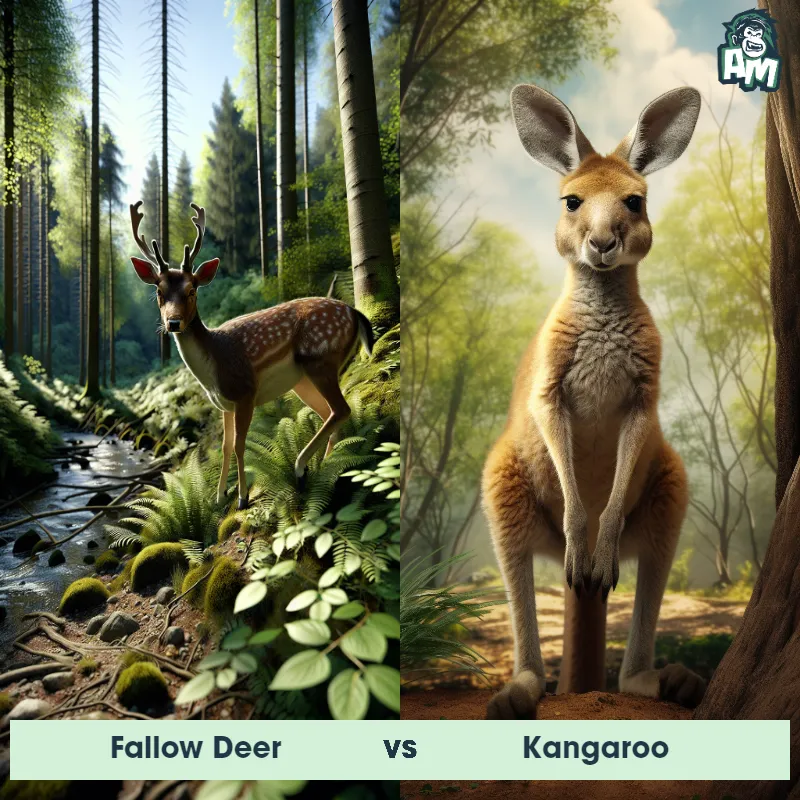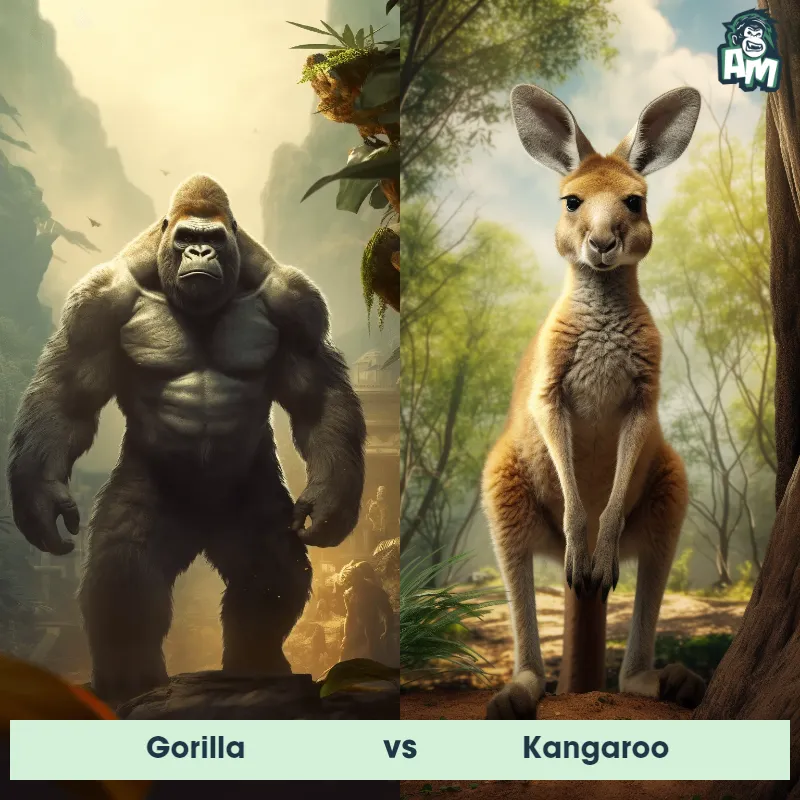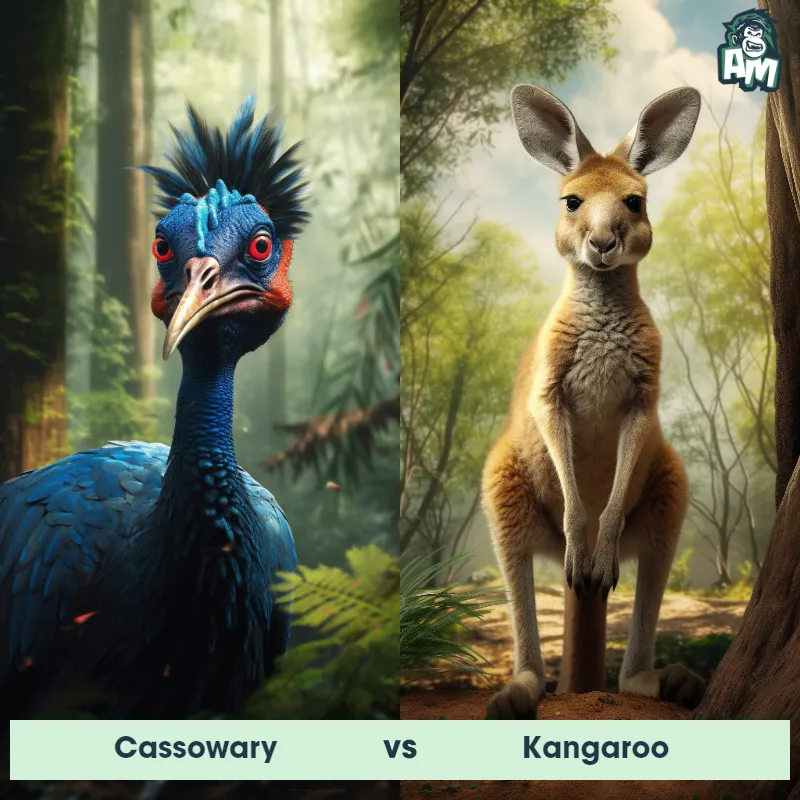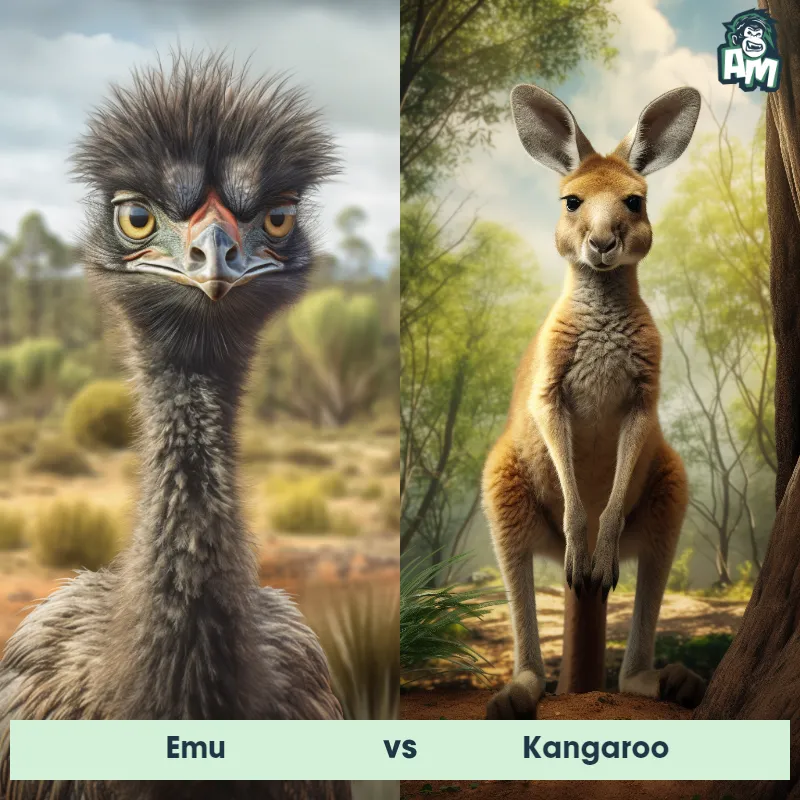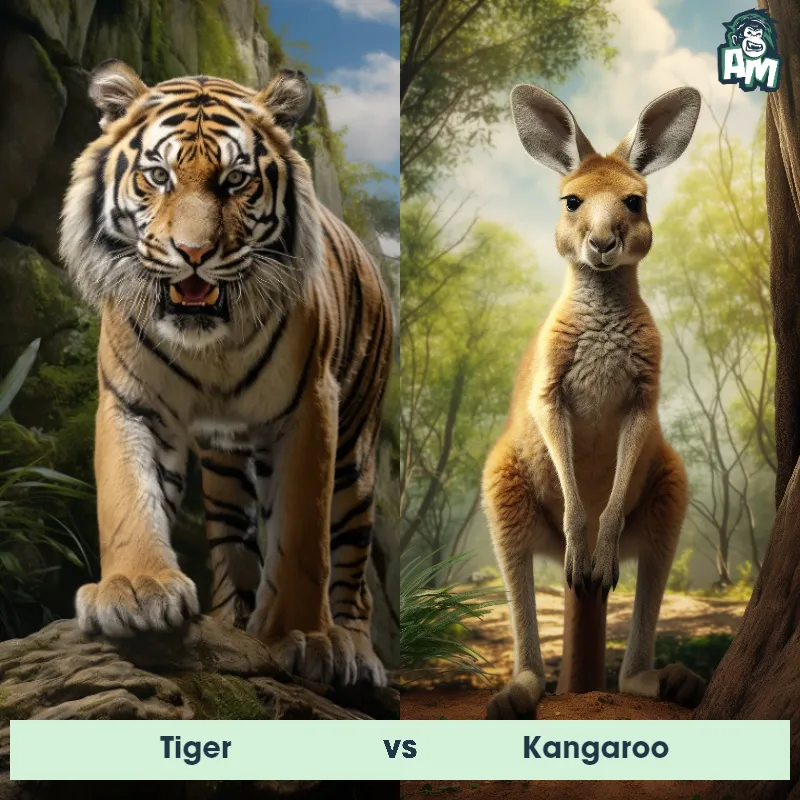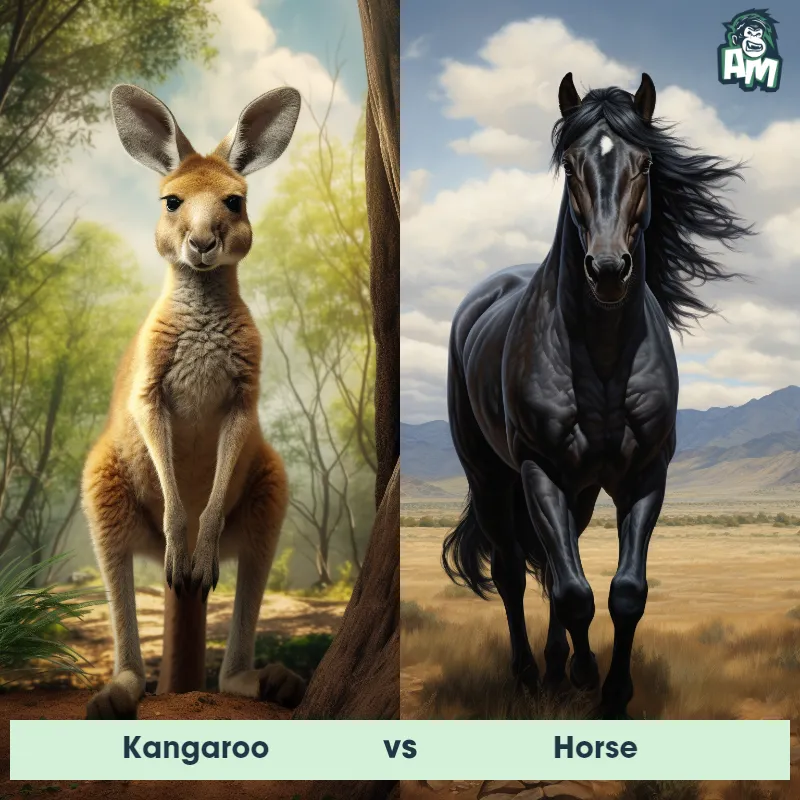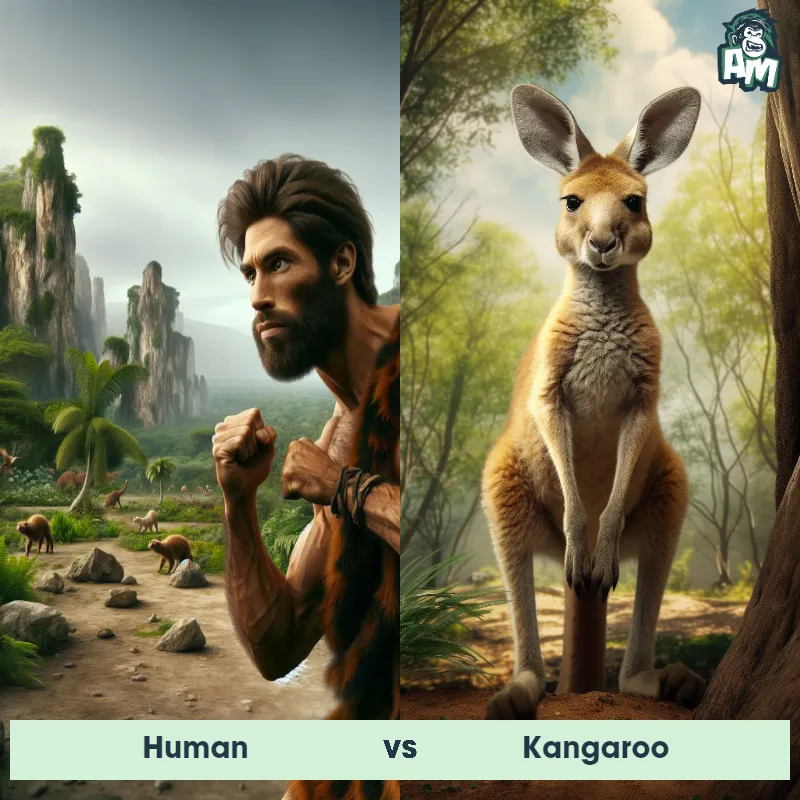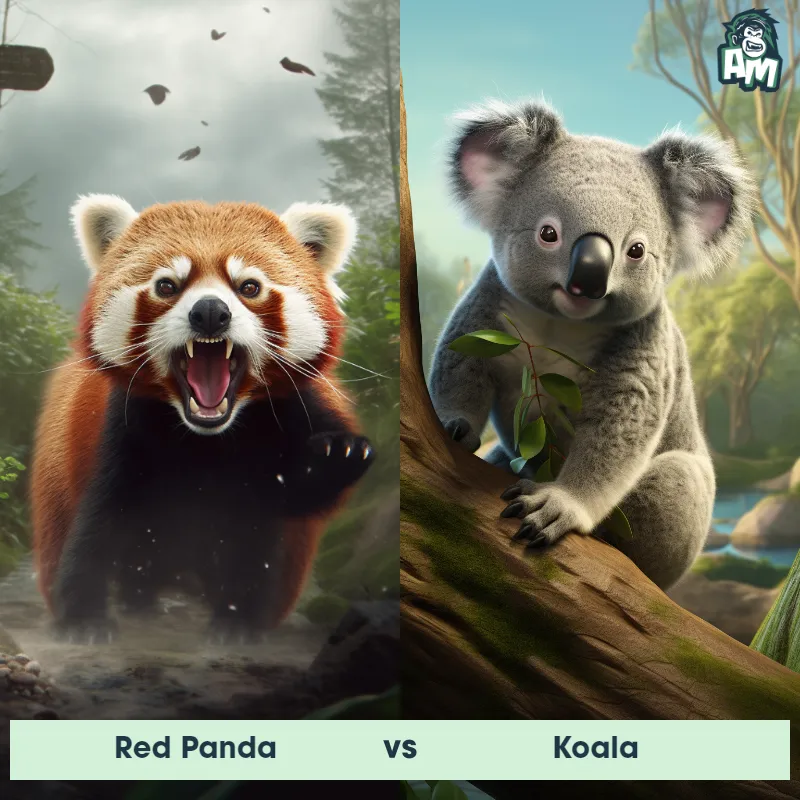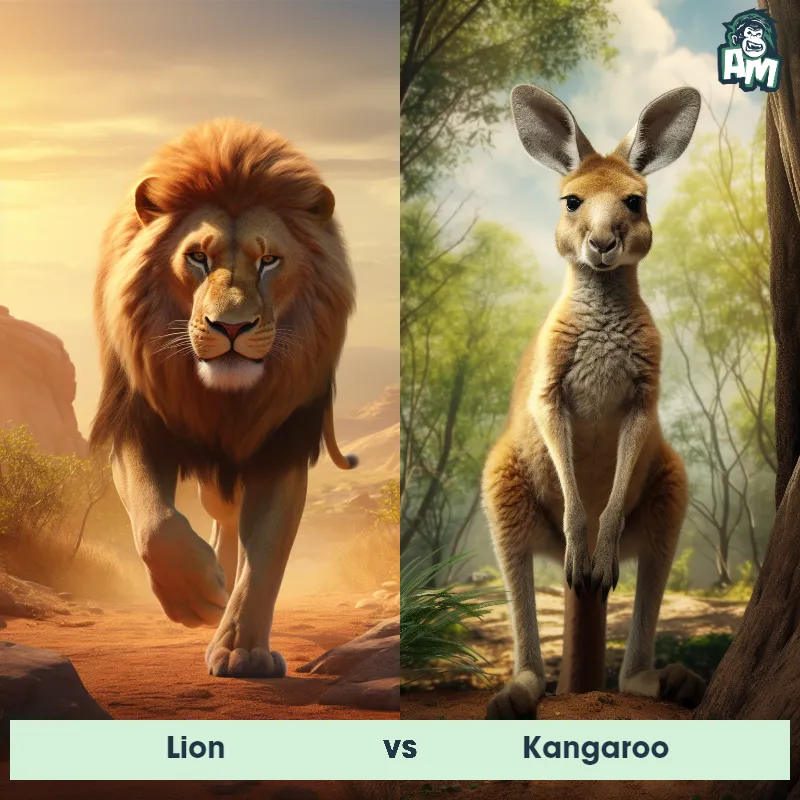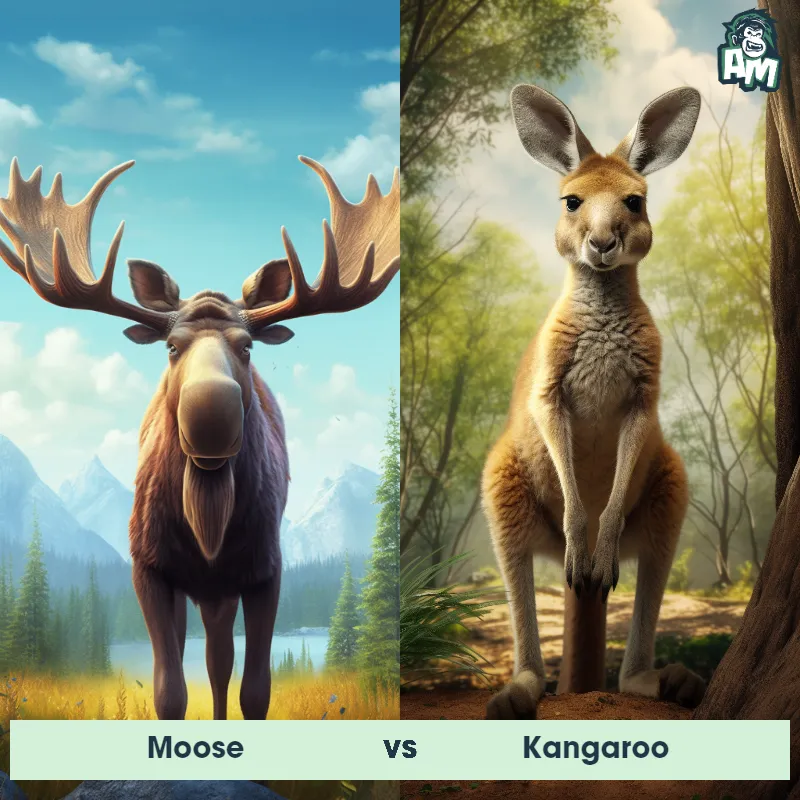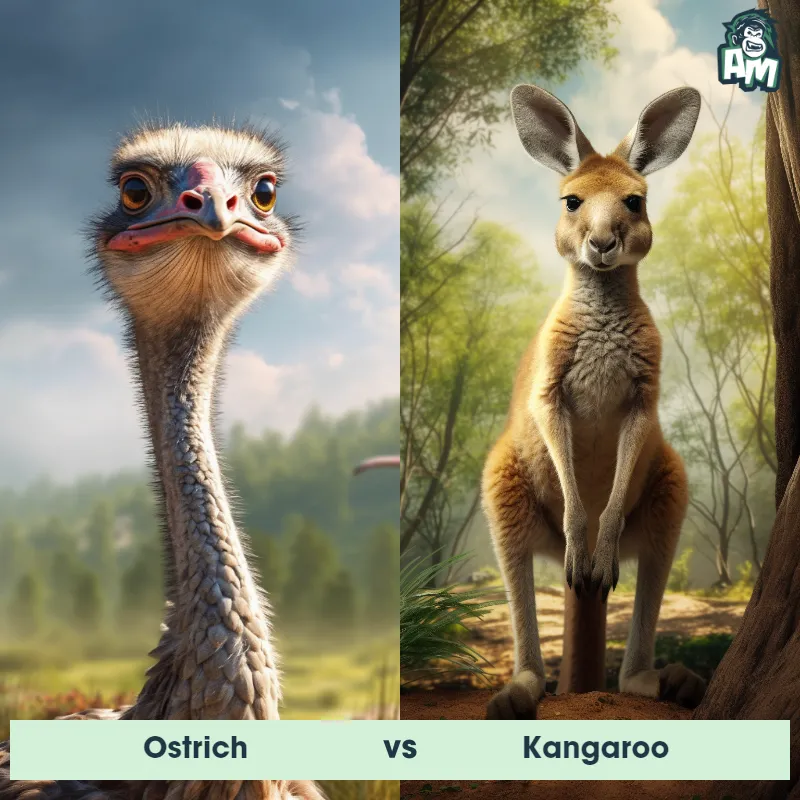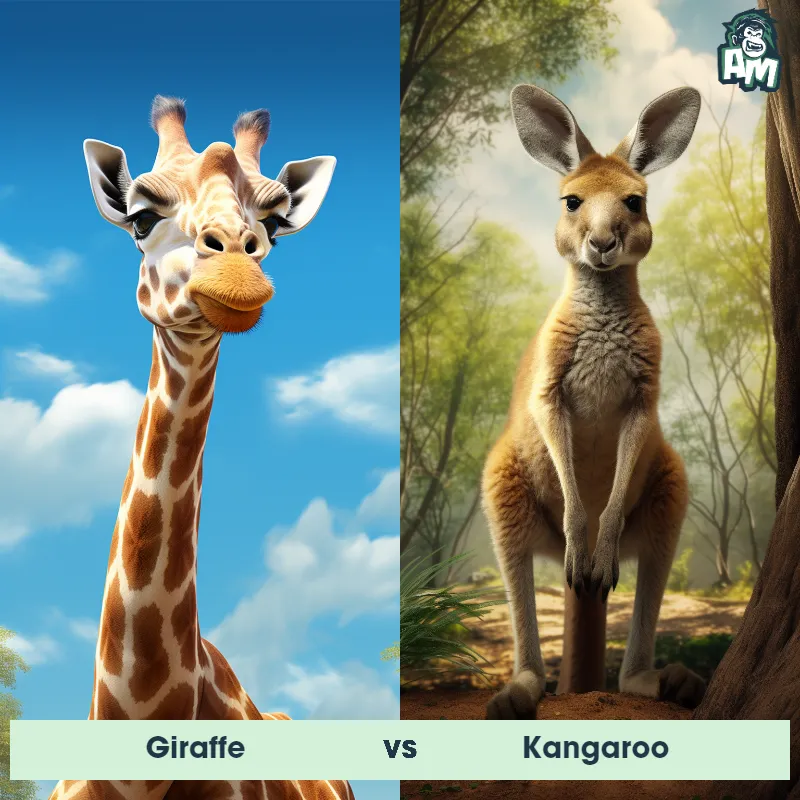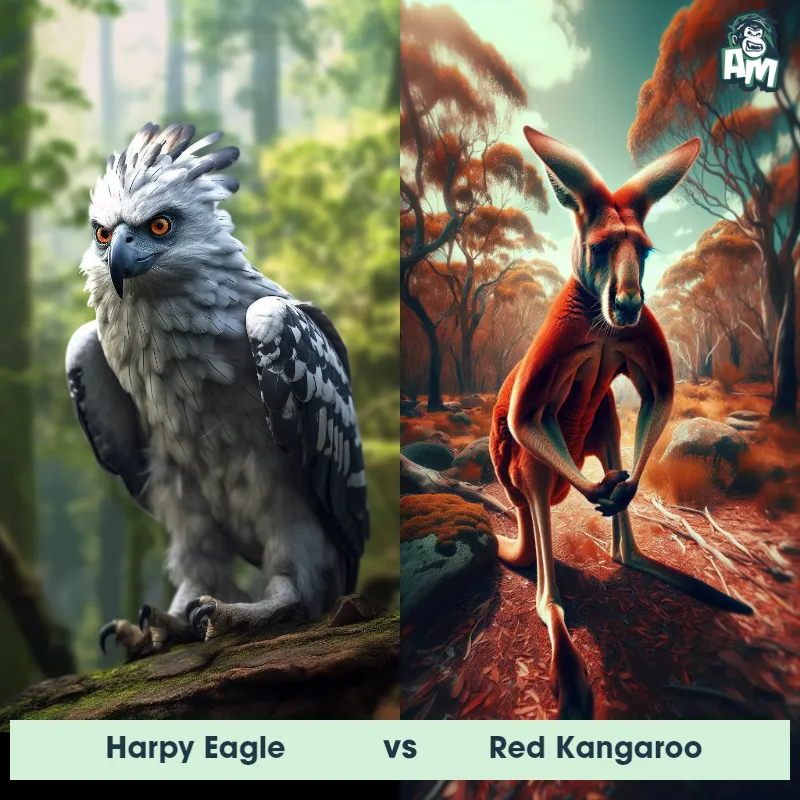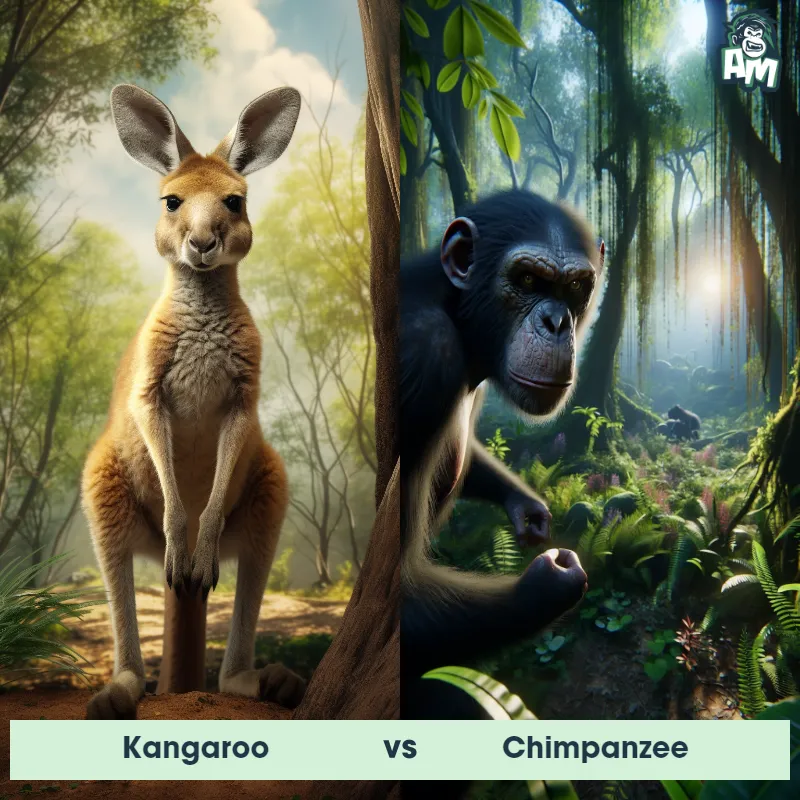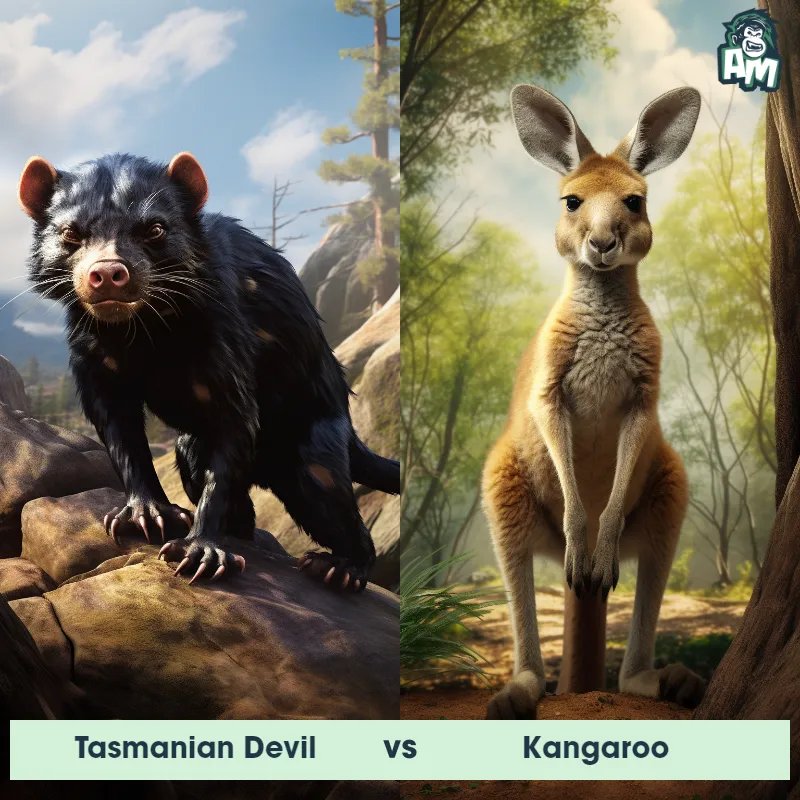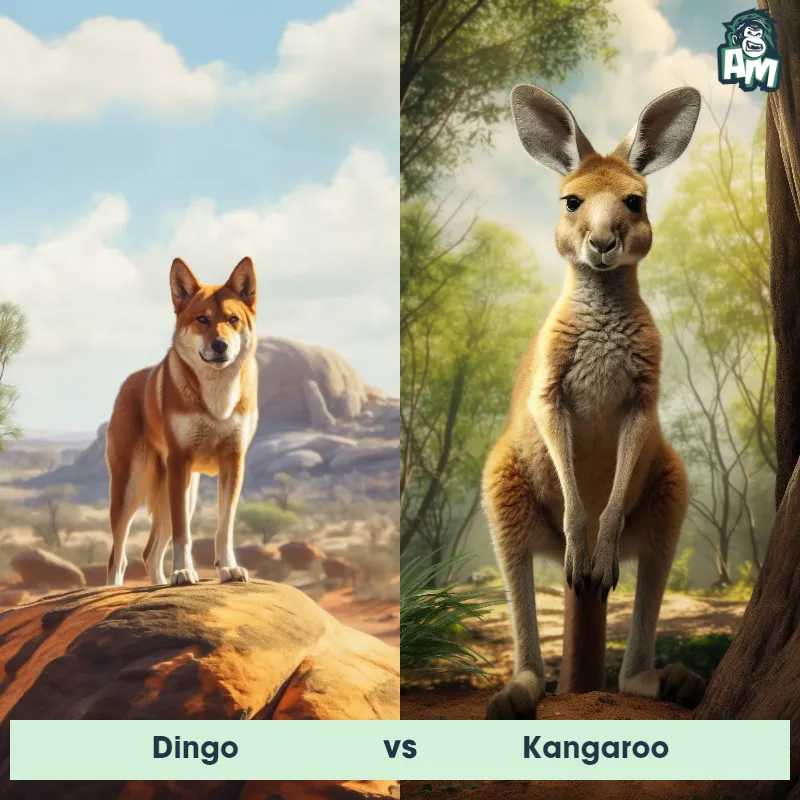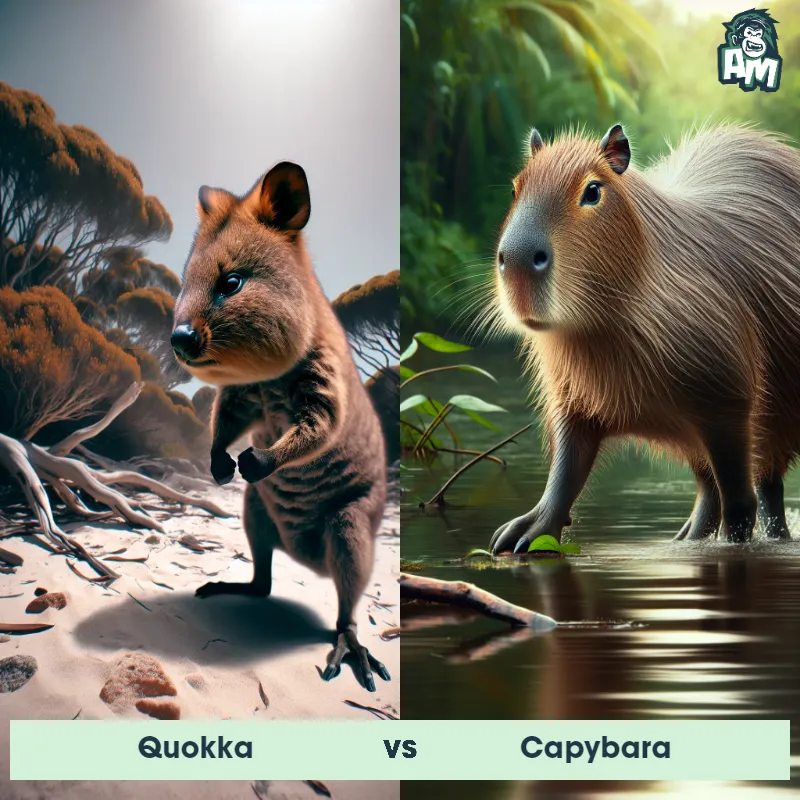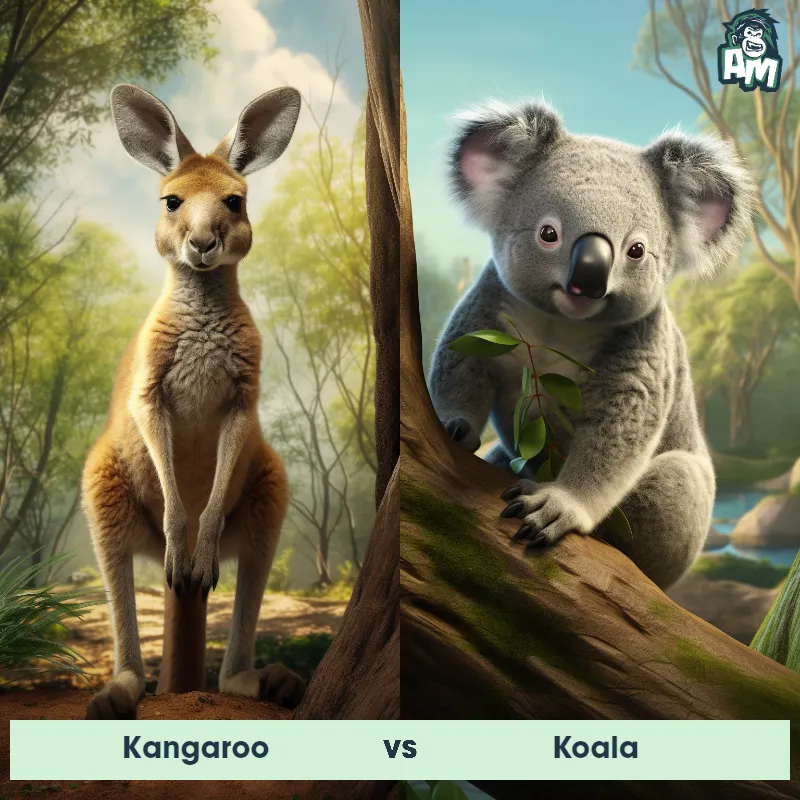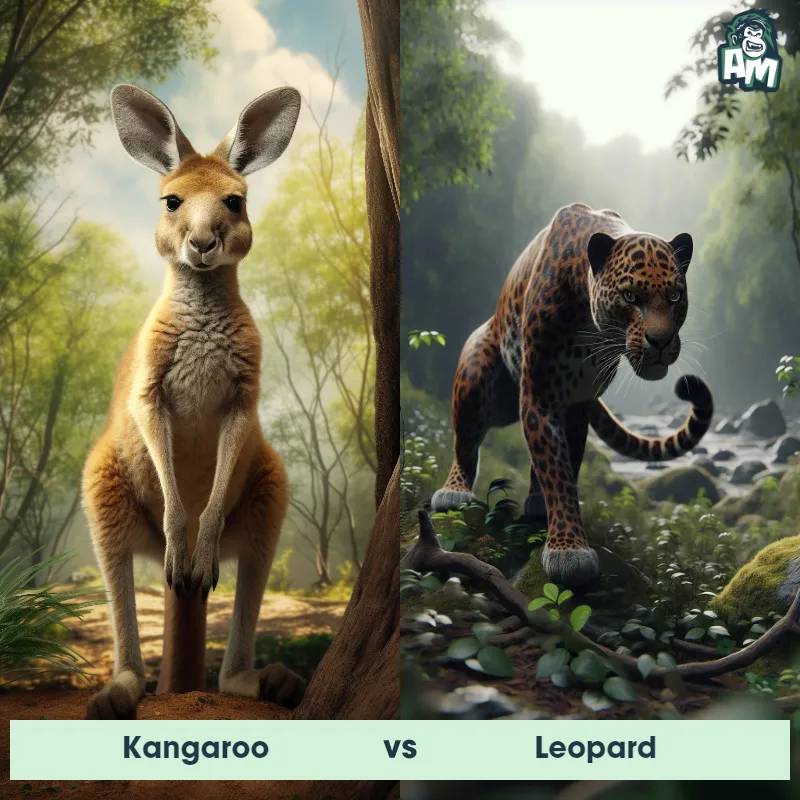Koala vs QuokkaSee Who Wins
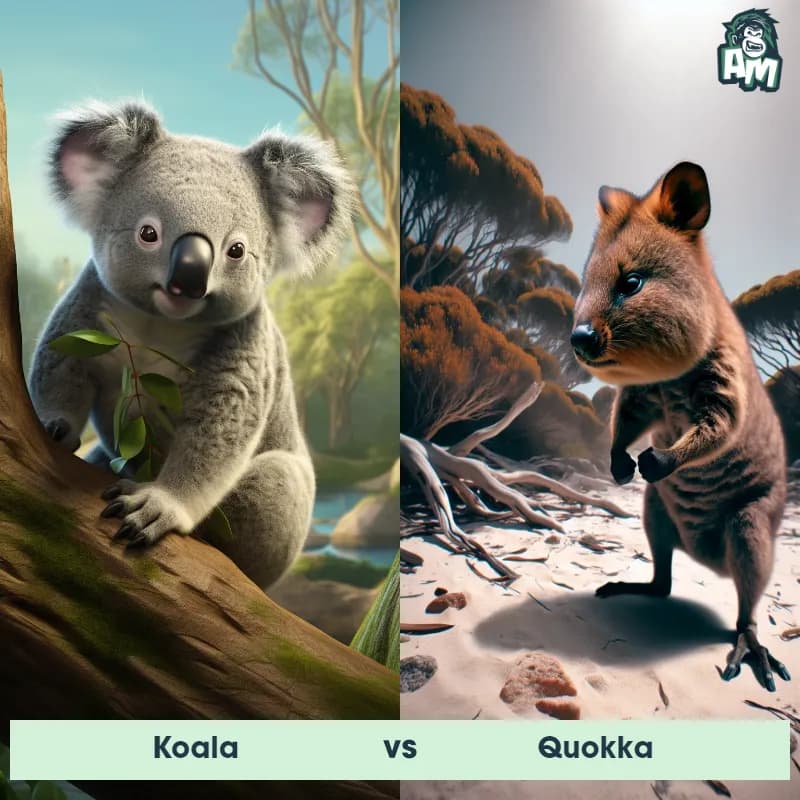
Ladies and gentlemen, get ready for an electrifying bout here at our arena tonight. It's a showdown between two fascinating creatures, the Koala and the Quokka. These marsupials have caught the attention of animal enthusiasts worldwide, and tonight, they'll be facing off in a three-round battle of strength and cunning. Fasten your seatbelts, folks, because this is going to be a wild one!
Contender 1: Koala
The Koala is an arboreal herbivorous marsupial native to Australia. With their round, fluffy ears, large black nose, and sleepy eyes, koalas have an adorable appearance that endears them to people worldwide. Their bodies are covered in thick, grey to brown fur, which serves as insulation and water repellency. Despite their resemblance to bears, koalas are actually more closely related to wombats. They spend most of their life in eucalyptus trees, feeding almost exclusively on their leaves.
Fun Fact: Koalas have a specially adapted digestive system, a caecum, which allows them to break down the tough eucalyptus leaves and also detoxify the harmful chemicals in the leaves.
Contender 2: Quokka
The Quokka, also known as the happiest animal on Earth, is a small marsupial native to the southwestern part of Western Australia. It has a stocky build with a small head, round ears, and a short, broad tail. Quokkas have a friendly and expressive face, with dark eyes and a smile-like appearance. Their fur is coarse and usually brownish-gray, while their underbelly is lighter in color. These herbivorous creatures are well-known for their ability to climb trees and move quickly on land. They are approximately the size of a domestic cat and weigh around 2.5 to 5 kilograms. Despite their cute and cuddly appearance, Quokkas are wild animals and should not be approached or fed by humans.
Fun Fact: Quokkas are known for their photogenic nature, often posing for pictures with tourists on Rottnest Island, earning them the nickname "the world's happiest animal."
Matchup Stats
| Koala | Quokka | |
|---|---|---|
| Size | 24-33 inches (60-85 cm) | Around 45-54 cm (17-21 inches) in length |
| Weight | 20-30 pounds (9-14 kg) | 2.5-5 kilograms (5.5-11 pounds) |
| Speed | 6 mph (9.6 km/h) | 6.2mph (10km/h) |
| Key Strength | Strong grip and sharp claws | Agile and quick movements |
| Biggest Weakness | Slow movement and low energy levels | Relatively small size and non-aggressive nature |
Current Votes
Koala vs Quokka
See Who Wins
View More Matches
Looking For More?
Similar Matches
Scientific Stats
| Koala | Quokka | |
|---|---|---|
| Scientific Name | Phascolarctos cinereus | Setonix brachyurus |
| Family | Phascolarctidae | Macropodidae |
| Habitat | Eucalyptus forests and woodlands | Coastal scrubs, forests, and heathlands |
| Geography | Eastern and Southern Australia | Southwest part of Western Australia, specifically Rottnest Island and a few regions on the mainland |
| Diet | Eucalyptus leaves | Herbivorous - feeds on grasses, leaves, bark, and fruits |
| Lifespan | 13 years - 18 years | 2 years - 10 years |
Key Differences between Koala and Quokka
- Ears: The Koala's ears are rounded and relatively larger in proportion to its head, while the Quokka has smaller, more pointed ears.
- Facial features: The Koala has a larger, bulbous nose and a prominent, thick rim around the eyes, while the Quokka has a more petite and narrower nose with a slender eye area.
- Tail: The Koala has a relatively short, stubby tail that is mostly hidden in its fur, whereas the Quokka has a longer, slender tail that is easily visible.
- Body shape: The Koala has a stocky build, with a robust body and sturdy limbs, while the Quokka has a more compact and slender physique.
- Fur texture: The Koala has a dense and woolly fur that is primarily grey with variations of brown and white, while the Quokka has a shorter and softer fur, which appears more coarse and can range in color from light brown to dark grey.
- Size: The Koala is significantly larger than the Quokka, with an average length of 2-3 feet and weighing up to 30 pounds, while the Quokka is much smaller, averaging about 16-20 inches in length and weighing only 4-11 pounds.



